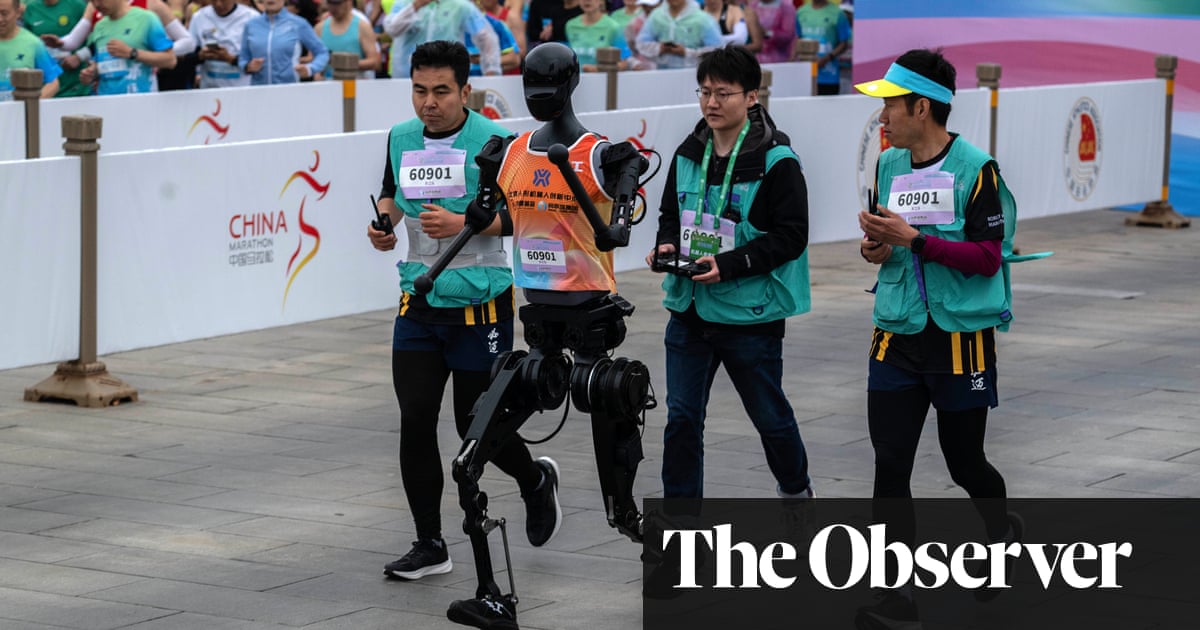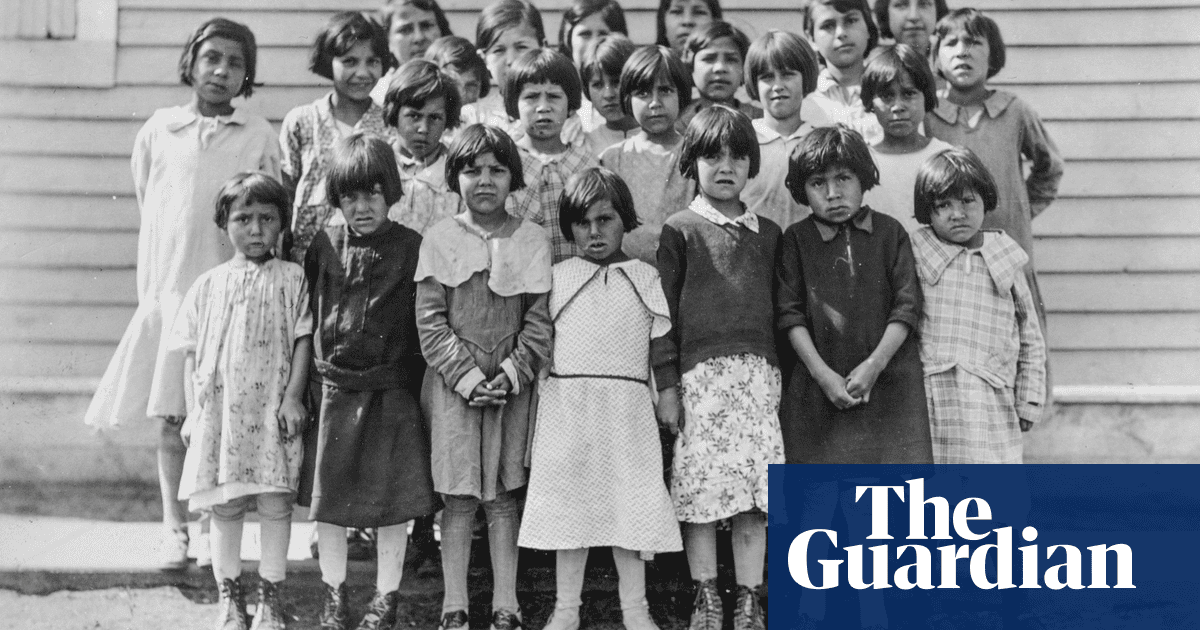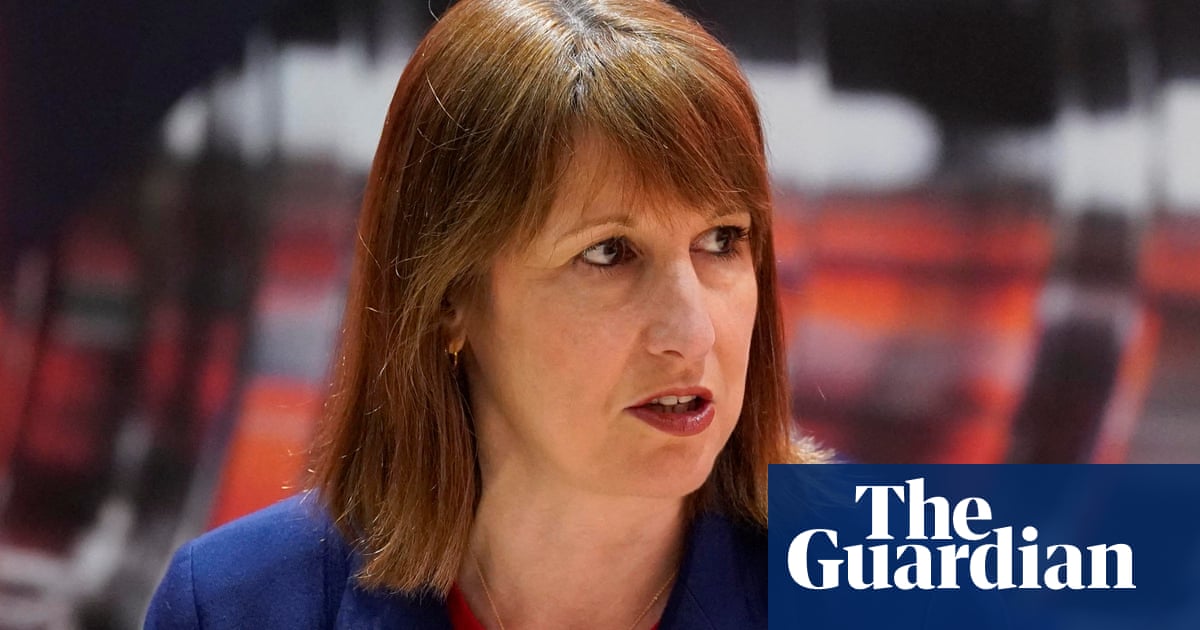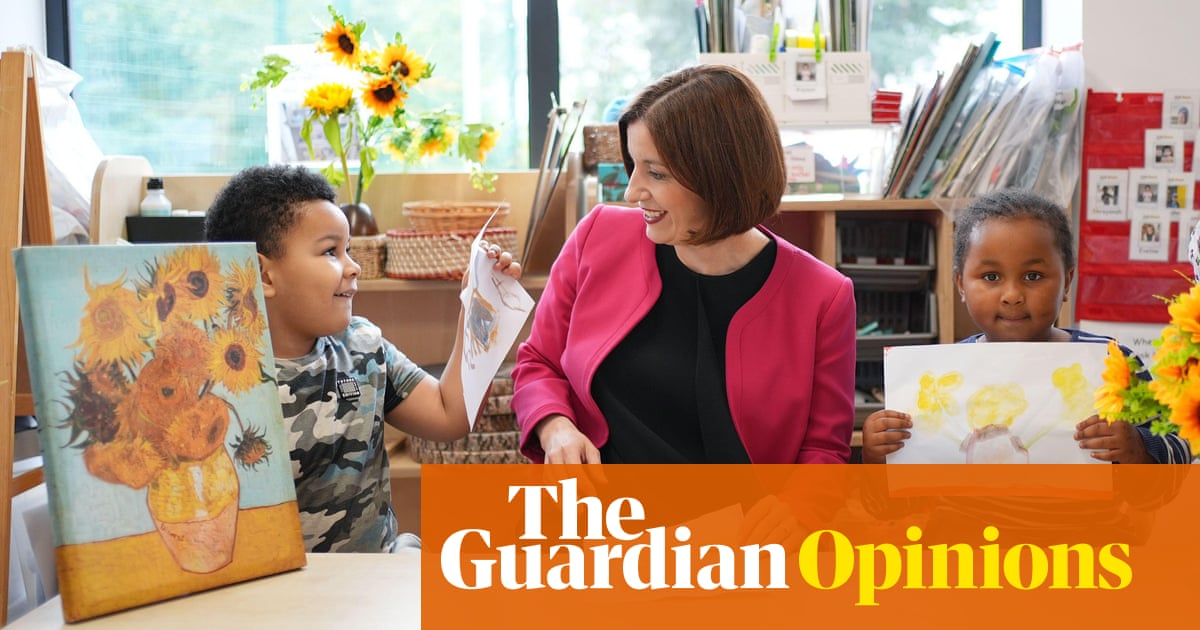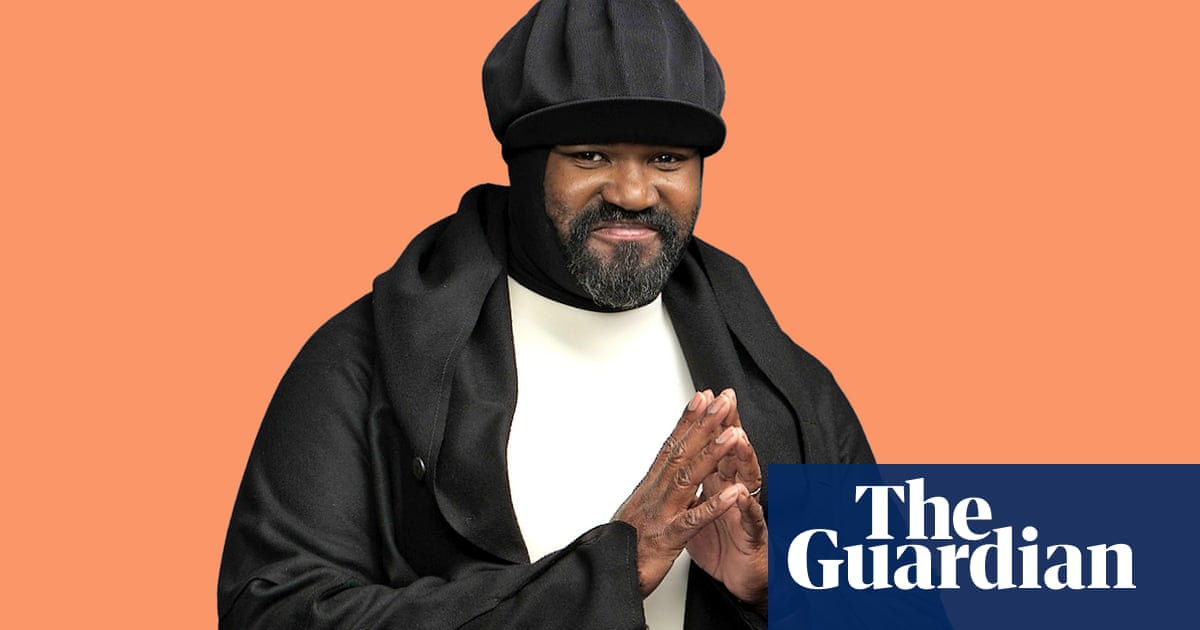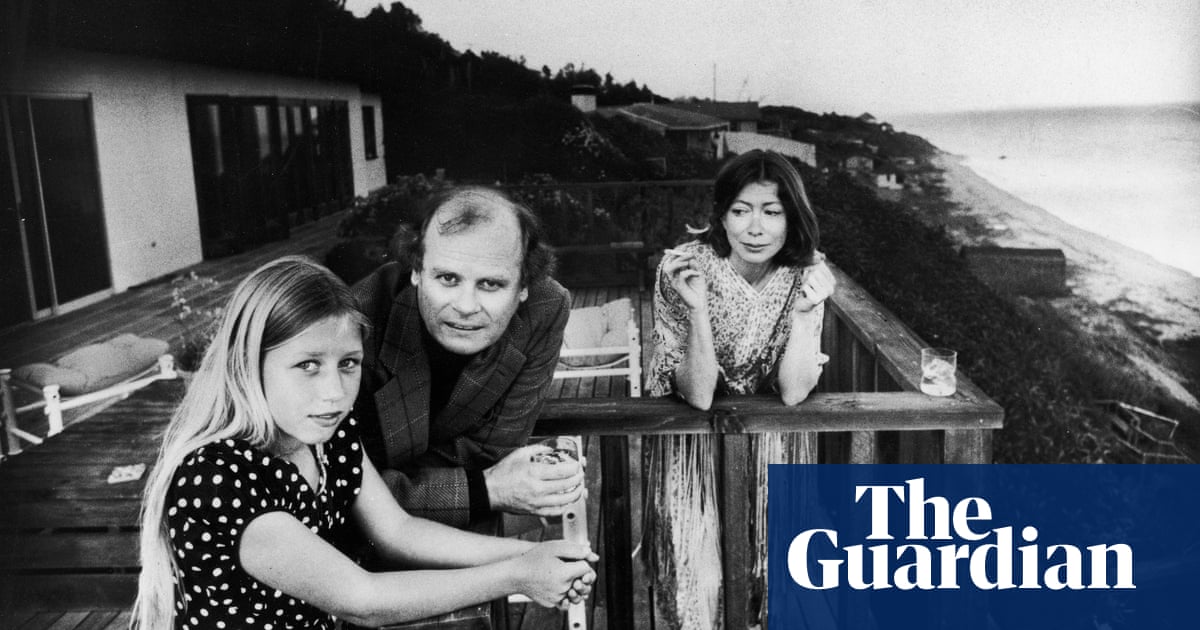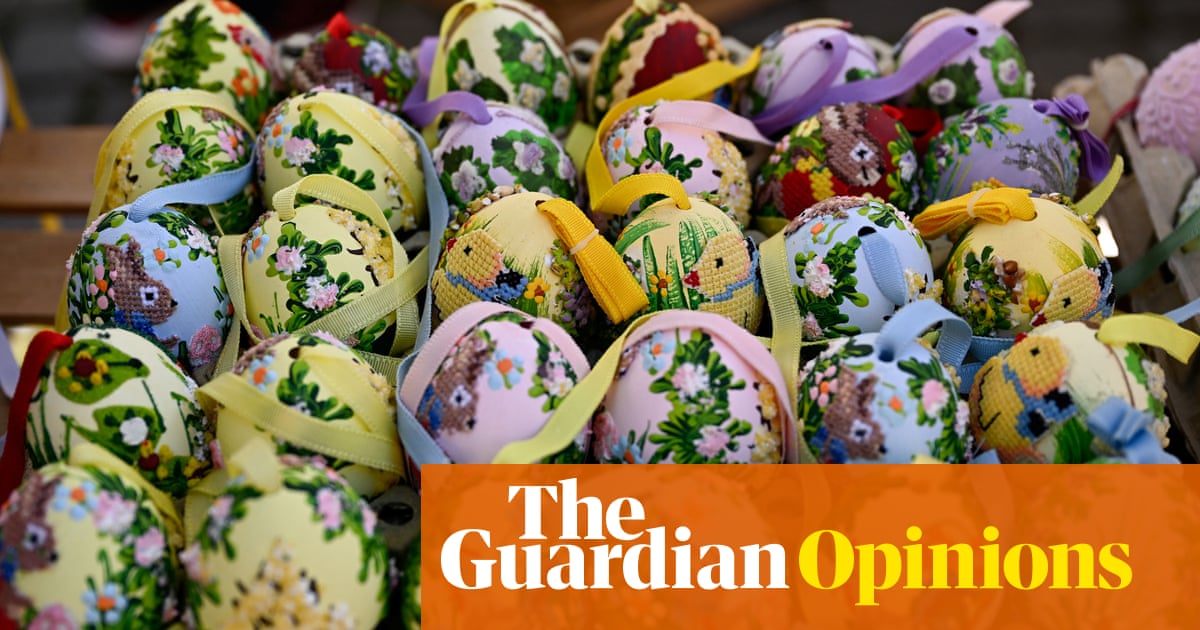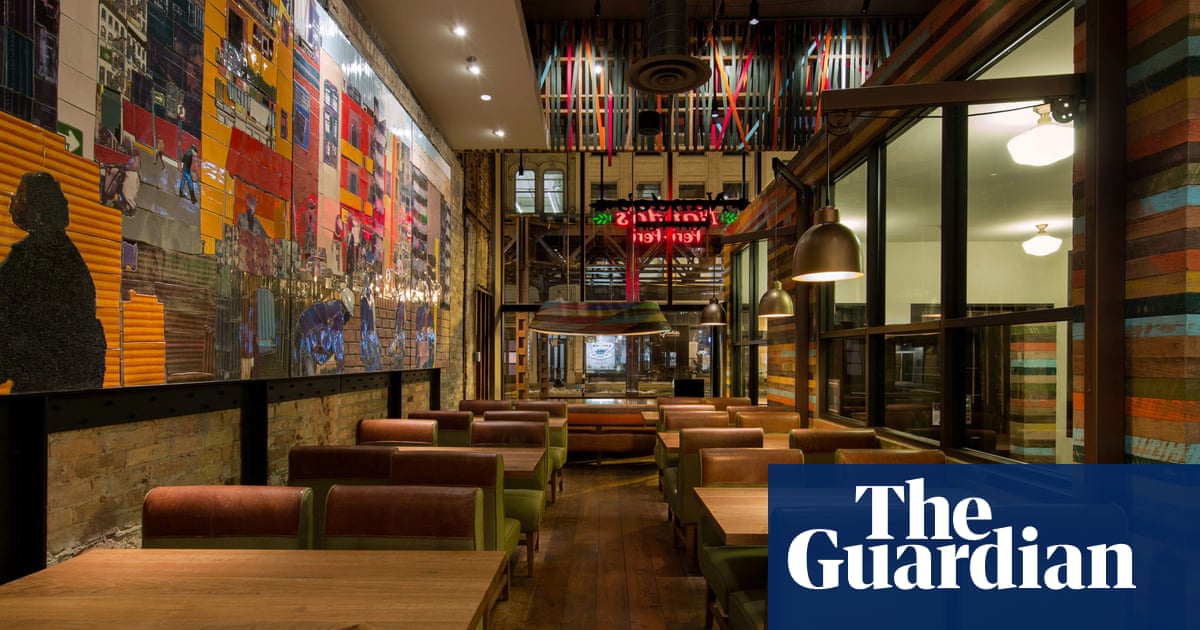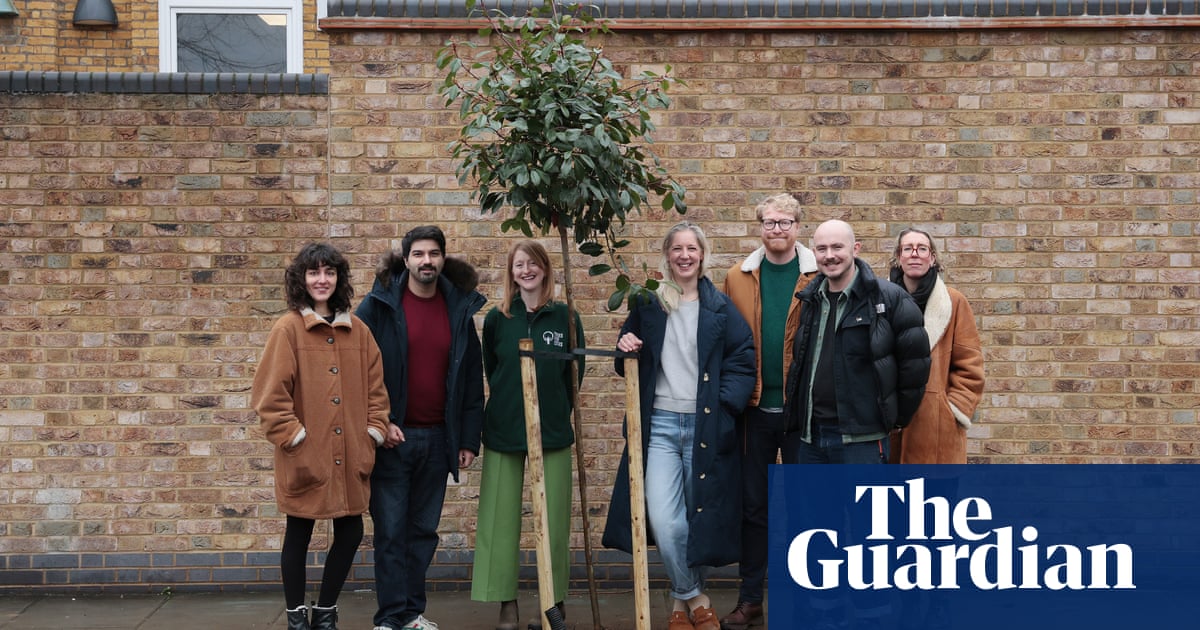From Fife/Copenhagen
Recommended if you like Kate Bush, Astrid Sonne, Julia Holter
Up next Performing at the ICA, London, 19 February; album three in the works
Every Christmas, Clarissa Connelly rewatches Ingmar Bergman’s Fanny and Alexander, waiting for the scene in which Ismael shows Alexander a mummy and their faces turn in unison. “It gives me an experience like there is magic in the world, that there’s something bigger,” says the Scotland-born, Denmark-raised musician, 31. “It opens up the top of my head. Then my small, messy world becomes smaller and easier to comprehend and be a bit more careless about.”
This sort of everyday ecstasy – being moved to the point of transcending self-consciousness – is the brimming heart of Connelly’s music. Her self-produced second album, World of Work, questions whether those feelings are “magic, or just our brain going crazy?” she says, chatting exuberantly in front of a Georgia O’Keeffe print in her new flat in Copenhagen. “It’s too much to say I want to write music that gives people the feeling of ecstasy, but it’s something I’m working on for myself.”
Her debut album for Warp, World of Work is a beguiling mix of the folk songs of Connelly’s youth in Fife, a formative love of Enya and the avant garde sensibility she honed at the Rhythmic Music Conservatory in Copenhagen, where she studied alongside the breakout stars Erika de Casier, ML Buch and Astrid Sonne. Connelly’s voice is a clarion force; her blend of the ancient and the avant garde might recall Kate Bush circa The Sensual World, or Perfume Genius’s uncanny balladry.
After the death of a family member in 2023, Connelly was grappling with existential questions and pursued writing an “epic, apocalyptic” album to “frame the small deaths and losses we have within and around us”. It asks whether death is really the end and considers the climate crisis as the ultimate ending. In Connelly’s hands, these ideas aren’t crushing, but sublime – the other meaning of apocalypse, as revelation: “Letting go of a part of yourself and becoming something new.”
Her first album, The Voyager, was inspired by ancient sites across Denmark. For World of Work, she travelled the country to record church bells, captivated by the history and signals of celebration and alarm they contain – another reassuring dose of perspective. Her favourite is the bronze-cast Stormklokken in Roskilde, dating to 1511. The Danes stole it from a small German village; in 1600, the Swedes tried to have it off them, but it was too heavy to nick. “Anything that can give me a blast from the past, I’m all in for,” she laughs.
Last year, Connelly wrote to Meredith Monk on a whim and ended up spending a week in upstate New York studying voice with her. “She’s always been a great inspiration,” says Connelly. “She has an openness and a playfulness that I find incredibly inspiring – to use our voices without having too much of our own identity in it. She’s a Buddhist and her ego isn’t part of what she does at all – she’s really worked with that, her whole life, dividing it from not being about her.”
As Connelly’s profile has risen, she has had to figure out how to manage that herself, “to really focus on periods of nothing, where I only work with music, and to divide it in a way I’ve never had to do before”, she says. A majestic, stentorian new song, Give It Back, suggests how she might handle it. The lyric was originally “take it back” – as in, her heart – before she reconsidered the necessity of connection. “It’s not something that has to do with only me,” she says. “It’s not mine to possess.”

.png) 3 months ago
51
3 months ago
51

